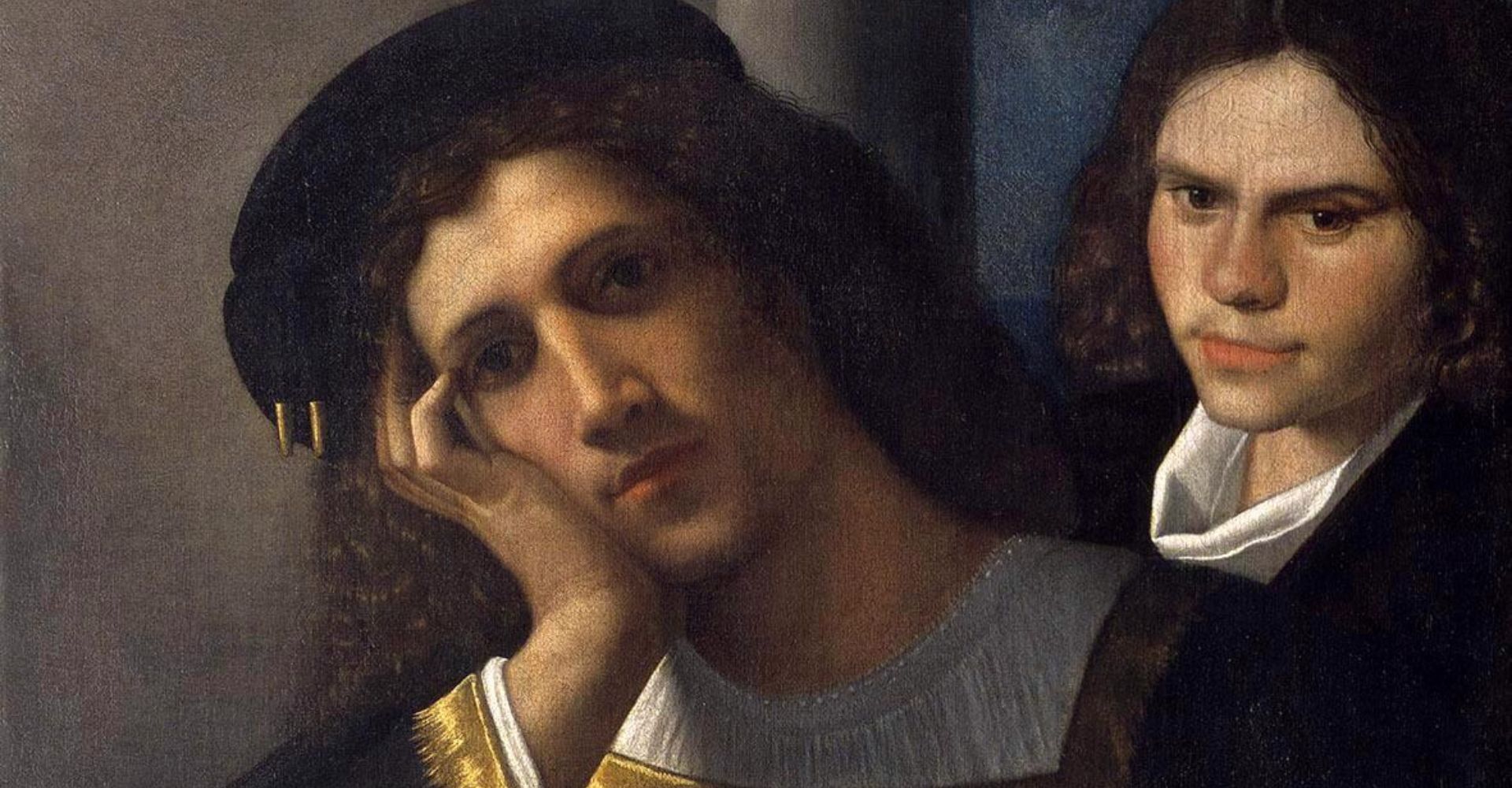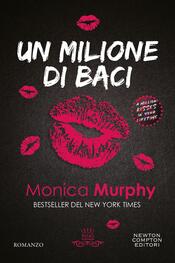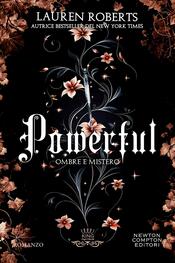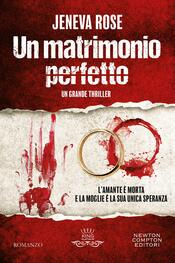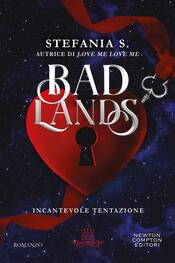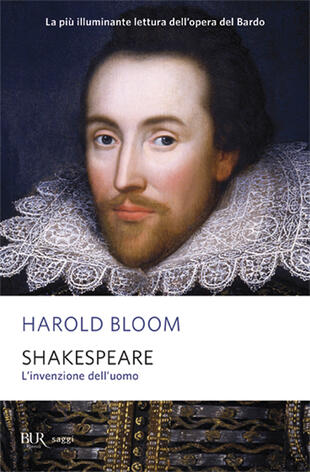

Sinossi
Analizzando le opere maggiori di Shakespeare, Bloom dimostra che il drammaturgo, più che semplici ruoli teatrali o personaggi, ha creato vere e proprie personalità. Dopo oltre 12 anni trascorsi a studiarlo e a insegnarlo, Bloom si arrende, ammirato, alla mente del "bardo" che, lungi dal "riprodurre la natura", ha inventato l'uomo, i percorsi e i motivi della sua psiche, scendendo a profondità non ancora completamente spiegate e comprese, nemmeno da Freud. I personaggi shakesperiani sono più vivi della vita stessa, come il pubblico di allora e di oggi percepisce bene al di là di ogni velleitaria analisi critica o messinscena teatrale.
- ISBN:
- Casa Editrice:
- Pagine: 575
- Data di uscita: 08-10-2003
Recensioni
I must humbly confess that I had to stop halfway this heavy slumber-driven brick-book. In the end, I am not sure whether or not Shakespeare did “invent the human” as the title grandiosely seems to claim. However, I am quite sure that, with a few lines, like those spoken by Holofernes in Love's Labou Leggi tutto
I dimly remember when this book came out (1998) how big and important and controversial it was supposed to be. Given Harold Bloom’s prodigious reputation, I was afraid of the thing, and so avoided it, figuring it to be fraught with lit theory of the densest sort. A couple years ago I found a copy di Leggi tutto
This book is not quite as absurd as its title would seem to indicate. If anybody worshipped Shakespeare enough to think that the Bard literally did invent humanity, it would be Bloom. But Bloom’s primary thesis is the only slightly less grandiose claim that Shakespeare, by creating the most persuasi Leggi tutto
Brilliant, infuriating, dazzling, provocative, maddening, thrilling and explosive. This book is not wonderful because Bloom is always right but because he always excites and challenges. Always. Page after page after page he brashly, almost recklessly tosses out hypotheses, makes thundering assertion Leggi tutto
I think I like Harold Bloom even more now that you're not supposed to like him because he's a snob/misogynist/old white guy/whatever the reason is you're not supposed to like him, but this was the first book of literary theory I ever read (I was 15), so it holds a special place in my brainheart. It a Leggi tutto
I hate to call any book worthless, but I'm having a hard time thinking of anything of value in this narcissistic bore of a tome. Bloom has done absolutely no research on Early Modern culture, has no concept of the current scholarly discussion in Shakespeare studies, and his readings of the plays amo Leggi tutto
Glad it's on my shelf...but depressed about it at the same time. A big hunk of what Bloom is trying pass off as revelatory is more like a response to younger literary critics and their beliefs. (And it's kind of charmingly ironic that Bloom attacks others for their blind devotion to narrow paradigms Leggi tutto
Bloom clearly has a five star brain, but this work reads as long and dense. Maybe use it as a reference book as you read each of the plays?
Citazioni
Al momento non ci sono citazioni, inserisci tu la prima!

